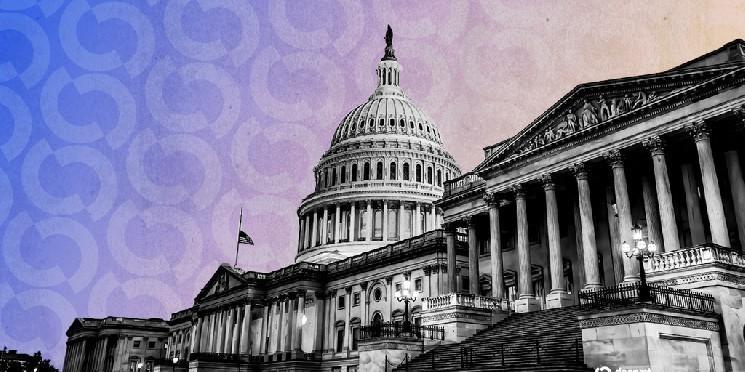The Senate’s Market Structure Bill: A Potential Revival for Crypto Startups
The recent release of the Senate’s market structure bill by the Senate Banking Committee has stirred significant interest within the crypto community. The bill primarily focuses on securities and the role of the Securities and Exchange Commission (SEC) in regulating them.
One key aspect of the bill is the criteria for tokens to be classified as ‘ancillary assets’ rather than securities. It stipulates that these tokens should not provide holders with specific security-like benefits, such as ownership rights, dividends, or financial interests in the issuing entity. This distinction aims to differentiate traditional securities from crypto assets and avoid potential market conflicts.
Furthermore, the bill integrates the ‘ancillary asset’ concept from the Lummis-Gillibrand proposal, emphasizing the importance of delineating between the two asset classes to ensure regulatory clarity.
As the Senate’s market structure bill advances through the legislative process, the crypto community is cautiously optimistic about the implications it may have on the ICO landscape. The potential for a regulatory framework that accommodates innovation while addressing investor protection concerns could signal a new era for crypto startups.
Sam Boolman’s Insights
According to Sam Boolman, ChainIntel’s lead analyst, the Senate’s bill marks a significant step towards providing regulatory clarity for the crypto industry. He notes, ‘The emphasis on distinguishing between securities and crypto assets is crucial for fostering a conducive environment for innovation. If implemented effectively, this bill could pave the way for a resurgence in ICO activities, offering startups a regulatory path forward.’
The Future of ICOs
With the evolving regulatory landscape and the potential implications of the Senate’s market structure bill, the future of ICOs hangs in the balance. Should the bill lead to a more defined regulatory framework, crypto startups may find it easier to navigate the fundraising landscape and engage with a broader investor base.
While challenges remain, including compliance requirements and investor protection standards, the prospect of a clearer regulatory environment could reignite interest in ICOs as a fundraising mechanism for innovative projects.
Overall, the Senate’s market structure bill has the potential to shape the future of crypto fundraising and regulatory oversight, offering both opportunities and challenges for the industry.


